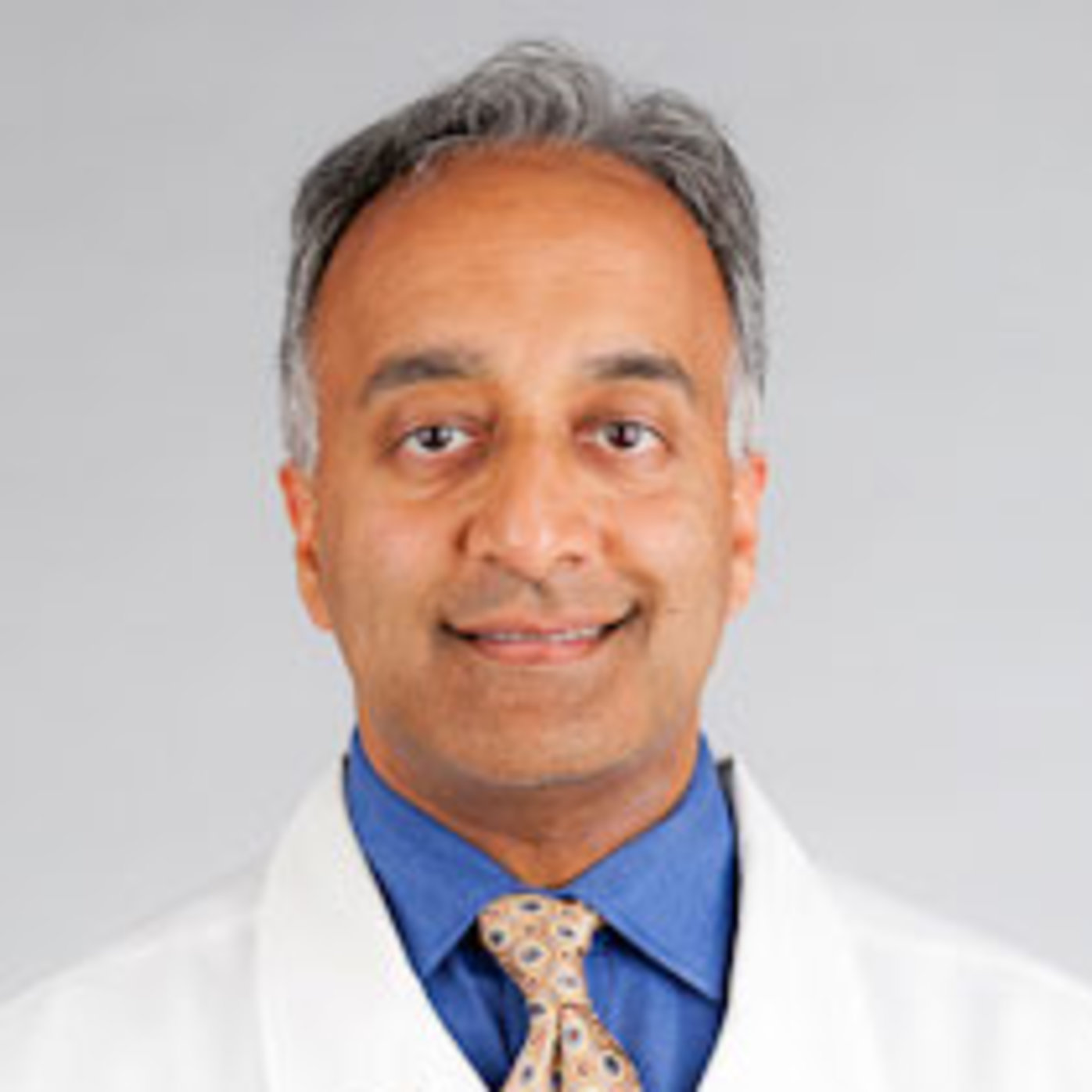
San Diego’s first comprehensive neuroscience hospital opens
Sharp Grossmont Hospital for Neuroscience brings cutting-edge technology and advanced brain and spine care close to home for San Diegans.
You never know when you might run into someone from your past. For Cathy Howell, it happened in an unexpected place: her hospital room before a surgery to remove a cancerous tumor in her breast.
The visitor was Sue Robinson, a breast cancer nurse navigator at Sharp Memorial Hospital. Because the original nurse for Cathy was out of the office, Sue went instead. Sue wanted to see how Cathy was feeling — and the two quickly discovered that Sue had been Cathy's high school field hockey coach.
"It was serendipitous. I felt like Sharp brought everything full circle," says Cathy, who is also a Sharp employee as a referral management support analyst at Sharp Community Medical Group.
Unexpectedly reconnecting with Sue after nearly 40 years was just one of the meaningful relationships Cathy developed during her cancer experience — from her dedicated care team to a community of women who've also faced a cancer diagnosis.
"I want people to know there's a whole army of survivors, and you don't have to go through it alone," says Cathy. "You may think it doesn't get better, but it really does. I hope people can believe that."
Unexpected test results
In 2018, Cathy had a routine mammogram, which showed more suspicious signs of calcification (calcium deposits) in her breast. This led to a guided needle biopsy and a diagnosis of breast cancer. Cathy was shocked; her family had no history of breast cancer. Thankfully, however, because the tests found her cancer early, Cathy was able to have a lumpectomy performed by Dr. Mohan Krishnamoorthy, a surgeon affiliated with Sharp Rees-Stealy and Sharp Memorial Hospital.
"Our staff takes great care to ease patients' anxieties by educating them on their diagnosis," says Dr. Krishnamoorthy. "I guided Cathy through treatment options to choose one that suited her the best. Given her condition, she was a good candidate for a lumpectomy."
After the surgery, Cathy endured a six-week course of radiation, receiving treatment five times a week.
"I had to learn new ways to breathe to support my lung and heart since I had breast cancer on my left side," says Cathy. "But the staff I saw every day became my radiation buddies. They were so helpful by suggesting how to manage the side effects."
"Since we were able to see Cathy every day and build a trusting relationship, she was able to openly communicate with us regarding her treatment side effects, enabling us to direct her on the best possible way to take care of her skin," says Rachael Cross, lead radiation therapist at James S. Brown Pavilion (formerly called Sharp Memorial Outpatient Pavilion). "Our favorite part of our job is the special connections we can make with patients during a really vulnerable time in their life."
Molly Heideman, another radiation therapist, emphasizes the importance of open communication between the therapist and patient.
"Not only do we want to know how our patients are emotionally and mentally coping, but we also want to know any physical changes that they are experiencing so that we can provide as much support in all areas as possible," she says. "Our patients become like family. With Cathy's smile and great attitude, she made our job not only easy, but a huge joy."
Leaning on others for support
During her treatment, Cathy turned to patient services offered by Sharp, including counseling sessions, workshops and support groups. She also leaned on her breast cancer nurse navigators, many of whom are cancer survivors themselves.
In addition, Cathy has participated in events such as the annual Sharp Women's Health Conference and joined with fellow Sharp patients — or "Sharpies," as she lovingly calls them — at the American Cancer Society's Breast Cancer Walk.
Marlene Wendel, a licensed clinical social worker at the Laurel Amtower Cancer Institute at Sharp Memorial Hospital, says that Cathy is an inspiration to other patients as well as her Sharp care team.
"Cancer is humbling. Who you are, your background, education and salary — none of these matter in the face of cancer," says Marlene. "What matters is being willing to start from a place of vulnerability. I've seen Cathy take that important lesson to heart and continue to learn and grow in survivorship."
Today, Cathy receives blood tests every six months and acknowledges the resilience she gained during her recovery. As her health improved, she learned about kintsugi, a type of Japanese art in which broken pieces of pottery are rejoined with gold.
"It's about showcasing the flaws instead of hiding them," she says. "I feel the same — I'm better for having been broken. I see the growth in myself for having gone through the hard things."
The American Cancer Society recommends breast cancer screening beginning at age 45 for people of average risk, with the option to begin at age 40. Talk with your doctor about your own risk profile to determine the appropriate screening age for you. Learn more about breast screening at Sharp HealthCare.

The Sharp Health News Team are content authors who write and produce stories about Sharp HealthCare and its hospitals, clinics, medical groups and health plan.

Sue Robinson is a breast cancer nurse navigator at Sharp Memorial Hospital.

Dr. Mohan Krishnamoorthy is a surgeon with Sharp Rees-Stealy Medical Group and affiliated with Sharp Memorial Hospital and Sharp Coronado Hospital.

Rachael Cross is the lead radiation therapist at Sharp Memorial Outpatient Pavilion.

Molly Heideman is a radiation therapist at Sharp Memorial Outpatient Pavilion.

Marlene Wendel is a licensed clinical social worker at the Laurel Amtower Cancer Institute at Sharp Memorial Hospital.
Our weekly email brings you the latest health tips, recipes and stories.